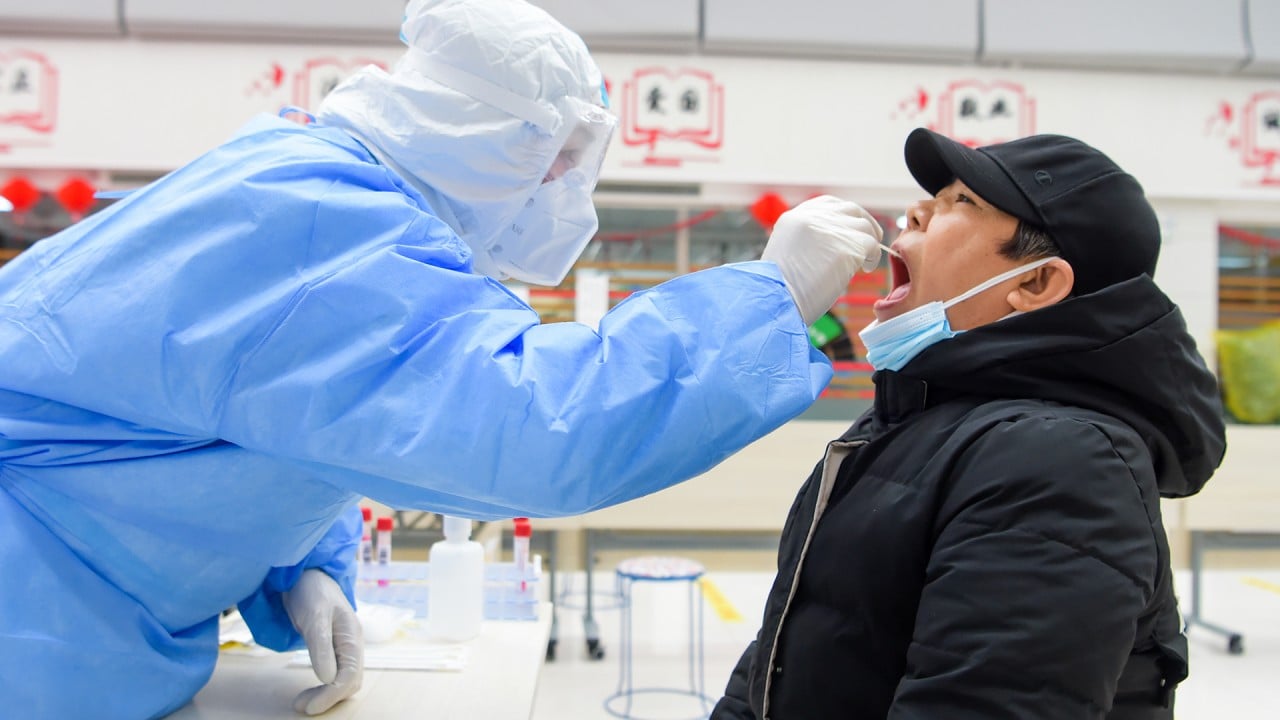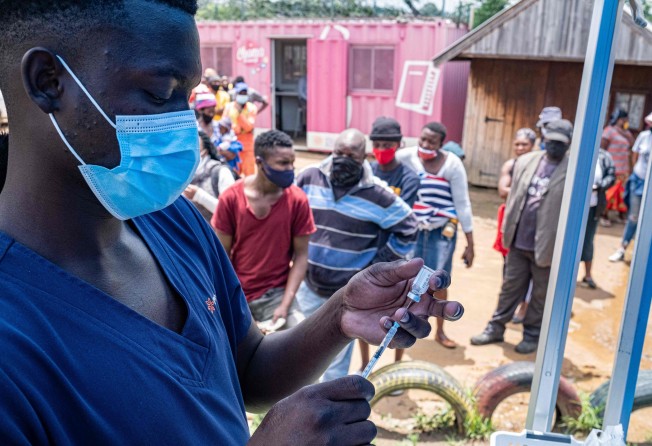
06:14
Why is the Omicron variant so concerning? Virologist warns Covid strain could ‘wreak havoc’ in HK

Inequality between masses of humanity is the abiding concern of human rights campaigners, from the United Nations to anti-discrimination activists in every corner of Earth.
This year equality is the theme of UN Human Rights Day today. That resonates in these troubled Covid times because inequality of access to vaccines between rich and developing nations is undermining the global effort to halt the spread of the coronavirus and bring the pandemic to an end.
Indeed, health experts have warned that low vaccination rates in the developing world make the emergence of highly contagious or vaccine-resistant mutations more likely, with the latest variant Omicron perhaps a textbook example.
The UN cites pervasive inequality among the greatest challenges to human rights along with rampant poverty and structural discrimination. Clearly inequality is instrumental in sustaining the latter two.
Thanks to low rates of inoculation in many developing countries that need a bigger share of vaccine supplies from the rich world, inequality has helped sustain the pandemic.
Ground zero in the battle against Covid-19 is Africa. The continent is the origin of Omicron, which has raised questions about the effectiveness of current vaccines and prompted governments to restore precautions against contagion, sometimes only days after relaxing them.
It vindicates concerns that low vaccination rates make potentially dangerous mutations more likely as the virus spreads.
Fewer than 10 per cent of Africans are fully vaccinated against Covid-19, even including 24 per cent in South Africa. Shortage of vaccine doses is not the only reason. Supply chain problems, weak health services and vaccine hesitancy do not help.
But such issues simply compound the basic human rights issue of vaccine inequality. Developed countries have delivered only a fraction of nearly 2 billion doses promised to developing countries.
Writing in the journal Nature, scientists and doctors argue that vaccine equity across the African continent, particularly in countries with high rates of uncontrolled HIV and compromised immunity, could help reduce the number of future variants.
Today is the 73rd anniversary of the adoption of the Universal Declaration of Human Rights by the UN General Assembly. Health is fundamental to enjoyment of all other human rights. Equality, the theme of today’s observance, is instrumental to gaining access to basic health services such as vaccines.
With variants of the coronavirus likely to test vaccines, this anniversary should be remembered as a turning point in the pandemic when major economies began to do more to help other countries with vaccine supplies and associated health and epidemiological services.